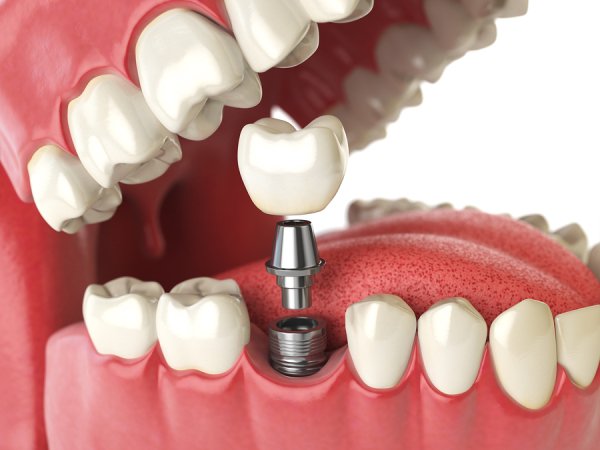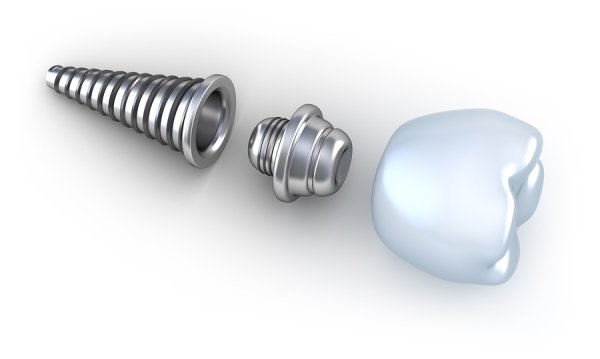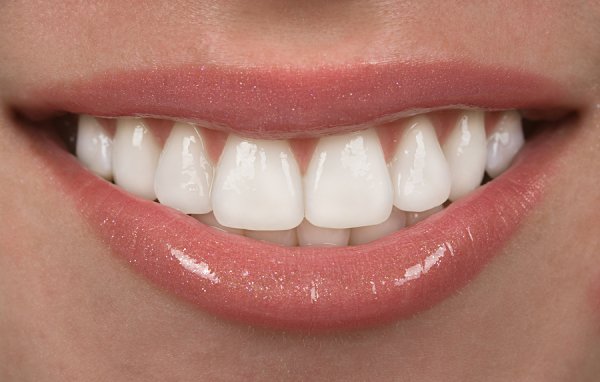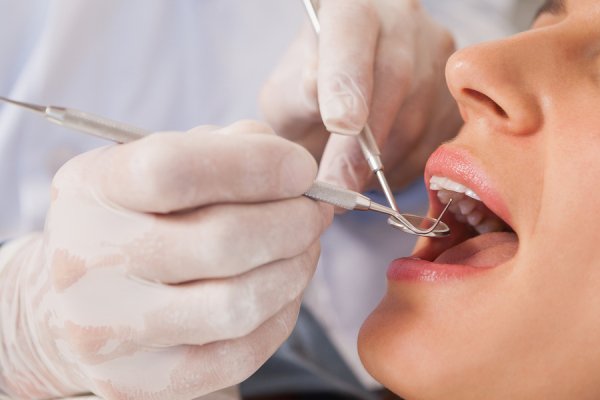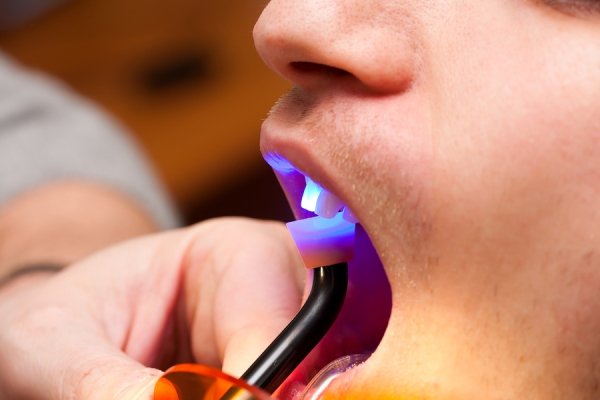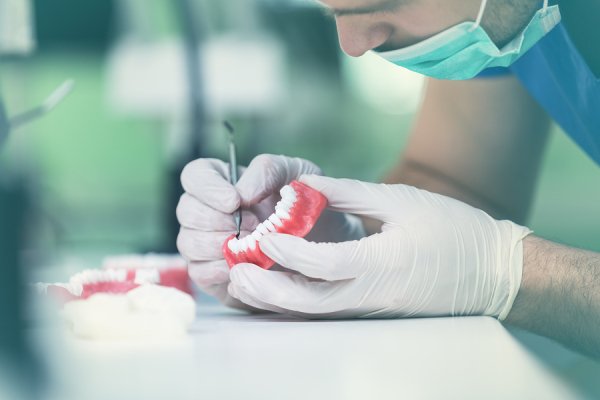
If you have missing teeth, dental implants can be one of the best ways to restore your smile. Although the idea of getting a completely natural-looking, fully functional tooth implanted in your mouth may seem futuristic, the history of implants actually dates back to the 1952s, when a Swedish physician named Dr. Per-Ingvar Branemark placed a dental implant in his dog’s mouth and discovered that bone bonds to titanium.
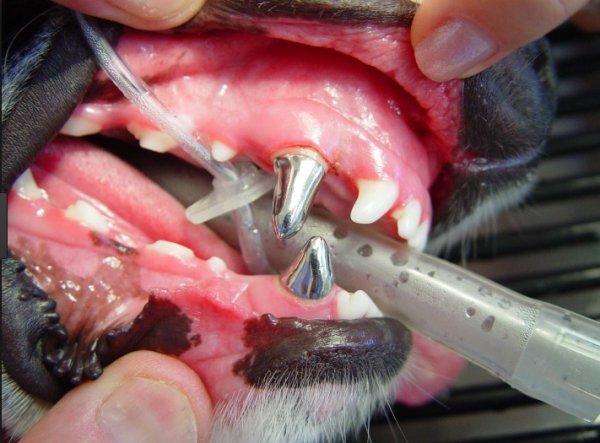
This discovery allowed the most important part of dental implants, the post, to be developed. When you get dental implants, a titanium post is implanted in your jaw and allowed to fuse with the bone so that your new teeth can be as strong and reliable as your natural teeth. Since the first dental implant patient received his new teeth in 1965, many different implant systems have been developed. That first implant patient kept his dental implants intact all the way until his death in 2006.
University Associates in Dentistry specializes in dental implants in Chicago and can help you reclaim your confidence in your smile when you have missing teeth. To make an appointment with a dentist, please call (312) 704-5511.



